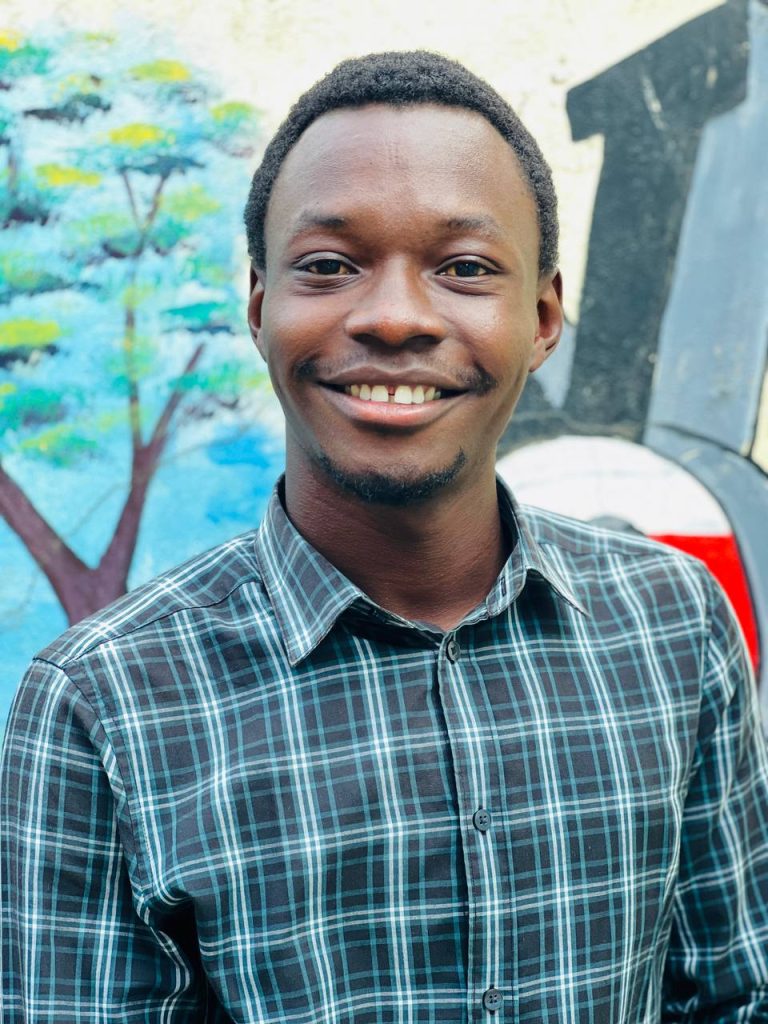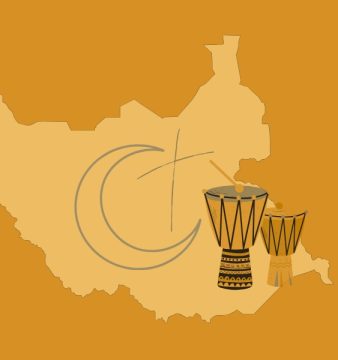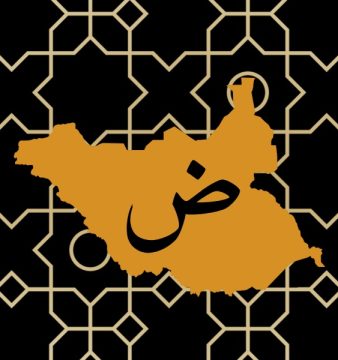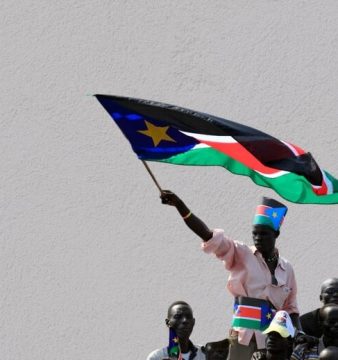Pope Francis’s Legacy in South Sudan and Expectations for Pope Leo XIV
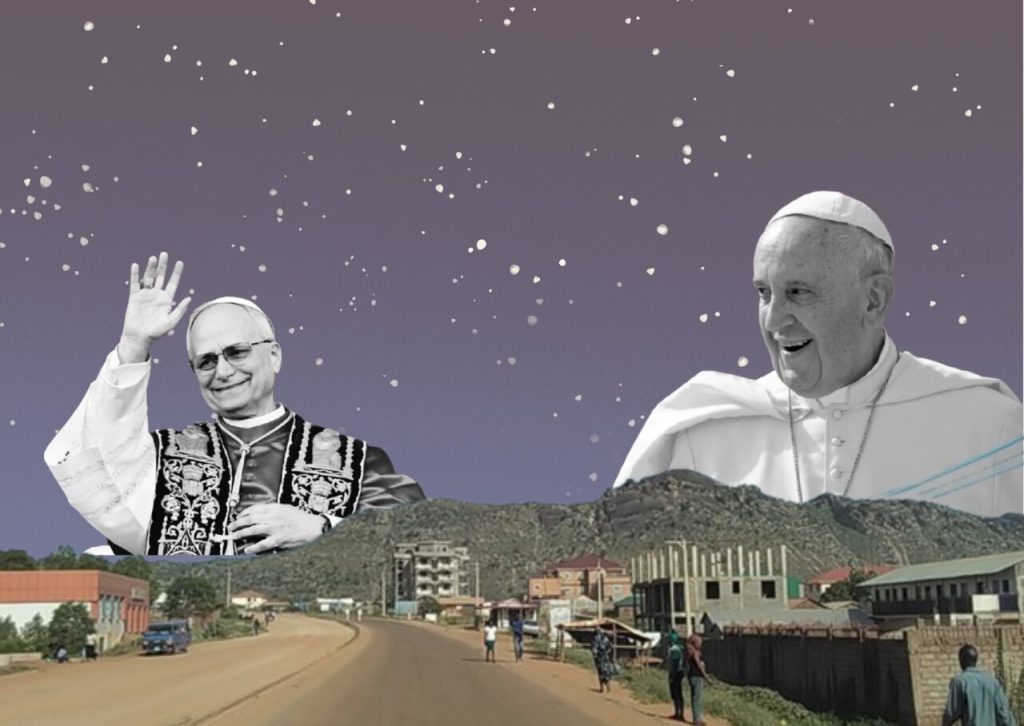
The death of Pope Francis on 21 April 2025, reverberated deeply across South Sudan, a nation grappling with persistent political violence, widespread displacement, and profound economic collapse. For a country where the Catholic Church serves as a critical provider of essential services and moral guidance, Francis’ unwavering advocacy for peace was a rare beacon of hope in a desolate landscape of conflict. His passing prompts reflection on his significant contributions to South Sudan’s fragile peace process and illuminates the pressing expectations for his successor, Pope Leo XIV, to address the nation’s escalating challenges.
Pope Francis’s engagement with South Sudan was marked by high-profile gestures and sustained, passionate advocacy for reconciliation. In a landmark moment in 2019, he hosted a Vatican retreat for South Sudan’s rival leaders, including President Salva Kiir and then-Vice President Riek Machar. This culminated in an unprecedented act: kneeling to kiss their feet, imploring them to uphold the 2018 peace agreement that had nominally ended a devastating five-year civil war which cost an estimated 400,000 lives. This powerful gesture, described by one South Sudanese priest as a profound ‘lesson in humility,’ aimed to compel the nation’s leaders to prioritise peace over power. It underscored Francis’s willingness to leverage his immense moral authority to influence political actors in a nation where deep-seated ethnic divisions and relentless struggles for resources continue to fuel conflict.
His historic visit to Juba in 2023, part of an ecumenical ‘pilgrimage of peace’ alongside Anglican and Presbyterian leaders, further amplified his profound commitment. Despite evident physical frailty, Francis addressed a crowd of 100,000 people at a Mass, met with displaced communities, and directly challenged the country’s leaders to serve rather than exploit their people. His blunt warning ‘history will judge you by your service’ was a direct challenge to the pervasive corruption siphoning off South Sudan’s oil wealth. The visit, a rare moment of global attention for a conflict often dubbed a ‘forgotten war,’ fostered tangible hope for unity among South Sudan’s diverse Christian majority, as evidenced by the South Sudan Council of Churches’ praise for its potent ecumenical spirit.
Beyond these symbolic acts, Francis also championed practical initiatives. The Catholic Church, through vital programmes like ‘Solidarity with South Sudan,’ has been instrumental in training educators, healthcare workers, and farmers, diligently addressing critical gaps left by a perennially weak state since independence in 2011. However, his tireless efforts undeniably faced significant limitations. The 2018 peace agreement remains perilously fragile, a sentiment echoed by one bishop who lamented that leaders had largely ‘ignored’ Francis’s 2019 plea. The postponement of crucial elections to 2026 and the relentless drumbeat of ongoing violence starkly highlight the gap between his vision and the grim reality on the ground. Yet, his unwavering advocacy provided South Sudan with a moral compass and a framework for peace.
The political landscape in South Sudan remains dangerously volatile, consistently undermining the foundations Pope Francis sought to build. The 2018 Revitalized Agreement on the Resolution of the Conflict in South Sudan (R-ARCSS) has largely faltered, with critical provisions including security sector reforms, transitional justice mechanisms, and electoral preparations remaining dangerously unimplemented. Recent clashes in Upper Nile and Jonglei states, driven by combustible ethnic tensions and fierce competition for resources, have displaced tens of thousands, swelling the ranks of the 4 million already uprooted by years of turmoil.
Pervasive corruption further entrenches the conflict, with oil revenues, South Sudan’s economic lifeblood, systematically diverted by kleptocratic elites, leaving an astonishing 70% of the population grappling with food insecurity. Climate-induced flooding has compounded this multifaceted crisis, submerging vast swathes of farmland and displacing an additional 800,000 people in 2024, according to UN data. The delay of elections, originally slated for 2024, reflects a deep-seated reluctance among leaders to cede power, further fueling public distrust. Cardinal Stephen Ameyu poignanty noted that Francis’s death felt like losing “the only advocate” for peace, as global attention wanes amidst these escalating crises. This persistent violence not only jeopardises South Sudan’s fragile stability but also severely strains the Church’s capacity to mediate conflict and deliver essential services in increasingly insecure regions.
The election of Pope Leo XIV introduces a new chapter for papal engagement with South Sudan. At 69, Leo XIV’s reputation as a pastor deeply focused on marginalised communities aligns with Francis’s priorities, and his first encyclical, which emphasised global solidarity, signals a potential continuity of Francis’s compassionate focus. South Sudan’s expectations for Leo XIV are inevitably shaped by Francis’s precedent and the urgent, almost desperate, need to address the spiraling political violence.
First, there is a profound call for Leo XIV to maintain South Sudan’s visibility on the global stage. Francis’s unwavering advocacy, memorably including personal letters penned to Kiir and Machar even from his hospital bed, consistently kept the nation’s plight in international focus. With violence surging, the Church ardently hopes Leo XIV will use his influential platform to pressure international actors such as the African Union and the UN to robustly enforce the peace agreement and adequately address the dire humanitarian needs.
Second, South Sudan seeks a Pope who will directly and courageously engage its leaders. Francis’s 2019 gesture powerfully demonstrated the potential of moral suasion; similar bold, prophetic actions could potentially compel Kiir and Machar towards genuine dialogue and much-needed accountability. The South Sudan Council of Churches, for instance, has already voiced its hope that Leo XIV will deepen ecumenical collaboration, leveraging the Christian majority to bridge ethnic divides and counter pervasive political fragmentation.
Pope Francis’s enduring legacy in South Sudan lies in his profound moral courage, his visionary ecumenical leadership, and his steadfast practical support, which collectively offered a vision of peace amidst relentless conflict. And yet, the grim resurgence of political violence, fueled by intractable elite rivalries, systemic corruption, and escalating climate crises, starkly underscores the profound fragility of these achievements. As South Sudan continues to navigate this treacherous period, Pope Leo XIV inherits a weighty mantle of advocacy and a call to courageous action. By sustaining global attention, consistently challenging leaders, and vigorously bolstering Church initiatives, he has the opportunity to build upon Francis’s formidable foundation. In a nation where faith often remains the last refuge, the new Pope’s sustained and compassionate engagement could prove pivotal in helping steer South Sudan towards the elusive reconciliation that Pope Francis so tirelessly sought.
500WM Columnist Butros Nicola Bazia, born in Khartoum, Sudan in 2001, is a South Sudanese independent writer and storyteller currently based in Juba, South Sudan. He began his content creation journey with Young Black Voice Podcast in 2022 and transitioned to creative writing in 2023, driven by a deep interest in arts, culture, and society. His work reflects resilience and creativity, even amidst the challenges posed by ongoing conflict in the region. Nicola now runs his own blog, Autide Me, and has published works in Sudans Post and 500 Words Magazine, where he currently serves as a columnist.

